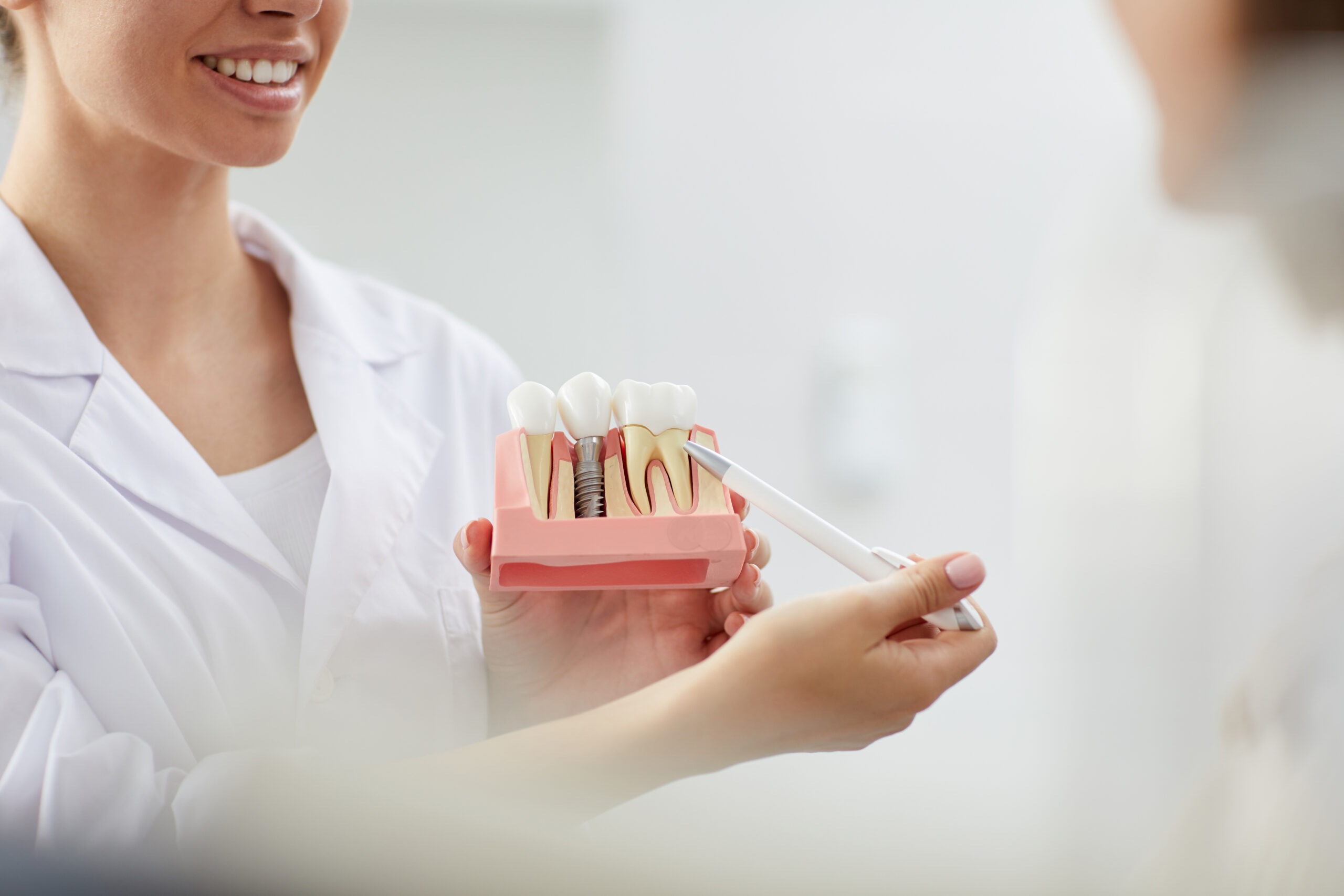Are you curious to learn more about dental implants? Although this treatment has been proven safe and effective for patients of all ages for many years, what about those who have an autoimmune disorder? If this applies to your health situation, it is crucial to understand such a connection to ensure that you receive appropriate treatment.
Our dentists in Brandon are here to equip you with the knowledge to make confident decisions about restorative dentistry. Please give our local dental practice a call today to book a consultation and find out more.
Understanding Autoimmune Disorders
Your immune system is your body’s natural guardian, diligently fending off both internal and external threats. However, when it comes to autoimmune disorders, sometimes we are unable to do so effectively. Common examples of autoimmune disorders include Celiac disease, inflammatory bowel disease, and multiple sclerosis.
Understanding Dental Implants
Dental implants, integral to modern dentistry, serve as artificial tooth roots. Surgically placed in the jaw, they provide a robust foundation for your smile and stimulate your bone, which prevents deterioration and a drooping facial profile. This treatment offers both functional benefits such as restoring your chewing efficiency and aesthetic ones, as it fills in noticeable gaps in your smile.
Your dentist will perform a comprehensive evaluation, including a physical inspection and x-rays to determine if acquiring dental implants near you is the best method for your case.
Key Considerations
- Overall Health Assessment – The process of getting implants commences with a thorough assessment of your dental and overall health. Your dentist and healthcare team meticulously evaluate the nuances of your autoimmune disorder, aiming to understand how it might influence the healing process.
- Medication Management – Many individuals managing autoimmune disorders rely on specific medications to maintain stability. Open communication between your dentist and treating physician becomes a linchpin, ensuring a delicate balance between these medications and the dental implant process.
- Risk of Infection – Autoimmune disorders often entail a compromised immune system, rendering the body more susceptible to infections. A comprehensive strategy is essential to minimize any risks of infection during and after the dental implant procedure.
- Healing Capacity – Individuals with autoimmune disorders may experience a nuanced healing process. Recognizing and addressing this aspect early in the planning stages is fundamental for a realistic expectation of the recovery journey.
Implant Journey: Collaborative Symphony
Navigating dental implants and lupus which involves the following:
A Collaborative Approach:
- This treatment demands collaboration and open communication between health professionals and you as a patient.
- Conscious consideration between your oral and immune systems and the relationship they share is essential.
Preparation and Planning:
- Implement customized strategies to ensure your body’s response well to the treatment and so it can properly recover.
- Adjustments to medications if necessary
- Preparing each patient and addressing their questions so they know what to expect before, during, and after the appointment.
Monitoring and Follow-Up:
- Frequent dental checkups upon post-implant placement.
- Identifying and addressing signs of inflammation, infection, or healing complications quickly.
- Reassurance and continual contact between healthcare professionals, the patient, and their families.
Dispelling Myths:
Bone Density
Some autoimmune conditions may sway bone density, a vital factor for implant success. Fear not; your dentist orchestrates a thorough assessment, ensuring the feasibility of this implant’s performance.
Inflammation
Picture heightened inflammatory responses as unexpected plot twists. Despite autoimmune nuances, rest assured—our plan includes proactive measures to minimize inflammation during and after the implant process, ensuring a smoother recovery journey.
Influence of Medication
Collaborating with your treating physician is akin to composing a masterpiece. Potential medication adjustments before and after the dental implant procedure are considered, harmonizing conditions for a successful healing process.
Additionally, getting a tooth implant involves addressing concerns like potential discomfort and ensuring a seamless, well-monitored process for optimal results and comfort.
You Deserve Nothing Less Than a Radiant Smile
At Chancellor Dental in Brandon, our dentists near you are at your service. Your health matters, and we are dedicated to making sure that your smile and general well-being remain at the forefront of the appointment each time you come in.
For a harmonious combination of expertise and care, contact our team today via email, phone call, or coming by our physical location whenever your schedule permits. See you soon!






